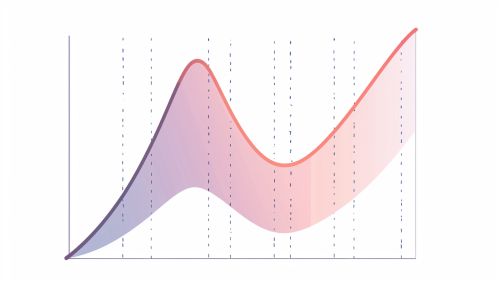Exponential Function
Definition
An exponential function is a mathematical function of the form f(x) = abx where b is a positive real number, and a is a constant. The base, b, is constant and the exponent, x, is a variable.


Properties
Exponential functions have several unique properties that distinguish them from other types of functions. These properties include:
- Growth and Decay: If the base b is greater than 1, the function represents exponential growth. If the base b is less than 1 but greater than 0, the function represents exponential decay.
- Passes Through (0,1): Every exponential function passes through the point (0,1) on a Cartesian coordinate plane.
- Never Touches the x-axis: The graph of an exponential function gets infinitely close to the x-axis but never touches or crosses it. This is known as an asymptote.
- Continuously Increasing or Decreasing: The graph of an exponential function either increases or decreases continuously.
Exponential Growth and Decay
Exponential growth and decay are two applications of exponential functions that have significant real-world implications.
Exponential Growth: When an initial amount increases at a constant rate over a given period of time, the situation can be modeled with an exponential growth function. Examples of exponential growth include population growth, radioactive decay, and compound interest.
Exponential Decay: When an initial amount decreases at a constant rate over a given period of time, the situation can be modeled with an exponential decay function. Examples of exponential decay include depreciation, radioactive decay, and cooling of an object.
Inverse of Exponential Functions: Logarithms
The logarithm is the inverse operation to exponentiation, just as subtraction is the inverse of addition and division is the inverse of multiplication. Logarithms are useful in many areas of science and engineering.
Exponential Functions in Complex Numbers
Exponential functions can also be extended to the complex numbers by using the Euler's formula. This extension, known as the complex exponential function, has important applications in physics and engineering.
Exponential Functions in Calculus
Exponential functions play a central role in calculus, where they are used to model a variety of real-world phenomena. In particular, the function ex, where e is the base of the natural logarithm, is of fundamental importance.
